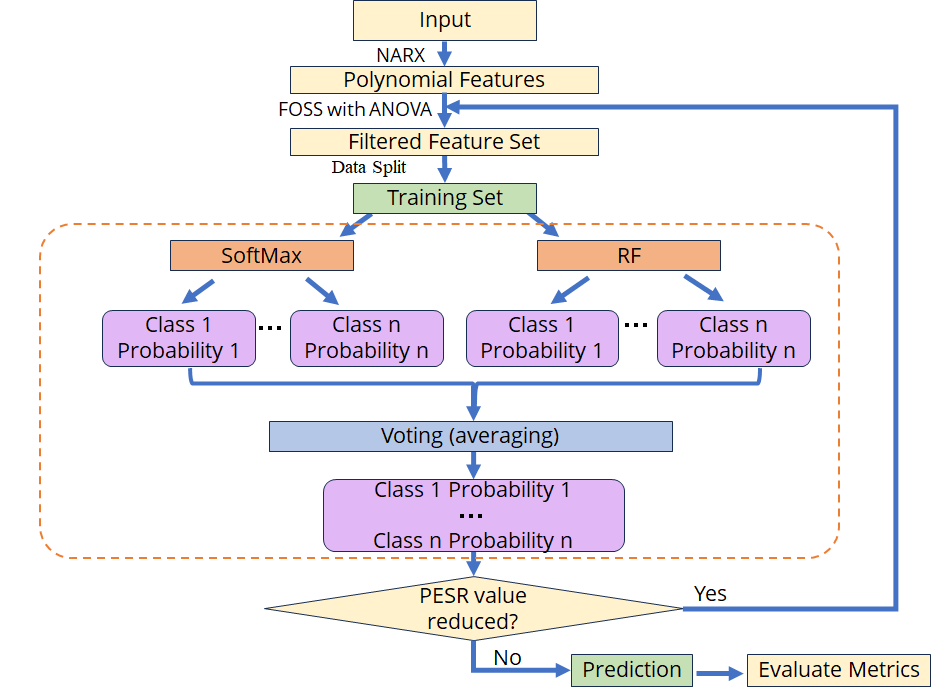ICCK Transactions on Artificial Intelligence in Space | Volume 1, Issue 1: 1-2, 2025 | DOI: 10.62762/TAIS.2025.540570
Academic Profile
Dr Hua-Liang Wei received the Ph.D. degree in the Department of Automatic Control and Systems Engineering (ACSE), the University of Sheffield, UK, in 2004. Dr Wei is and Deputy Head of the Solar Physics and Space Plasma Research Centre (RP2RC), Head of the Digital Medicine & Computational Neuroscience (DMCN), and Head of the laboratory of Dynamic Modelling, Data Mining and Decision Making (3DM). He has been awarded grants (as PI and Co-I) from a variety of funding bodies including EPSRC, NERC, STFC, EU H2020, the Royal Society and so on. He has published more than 170 peer-reviewed papers.
His main research interests are in signal processing, nonlinear system identification, big data, neural networks, interpretable machine learning, deep learning, computational intelligence, data-driven modelling, data mining, pattern recognition, data based and data informed predictive modelling, fault detection and diagnosis, AI and its applications. He has been devoting to these areas for over 20 years, tackling challenging issues at the interface of Data Science, Computer Science and Control & Systems Engineering, to develop new and fundamental methods that can be adapted to solve challenging, complex systems modelling problems in multi- and inter-disciplinary areas including engineering and industry, weather and climate, space weather, environment bio-medical and neuroscience. These are reflected in his research outputs and publications. He has a strong interest in initializing and developing new research directions that can help solve emerging challenging problems in multi-disciplinary domains.
Editorial Roles
No Editorial Roles
This user currently does not serve as an editor for any ICCK journals.
ICCK Publications
Total Publications: 2


